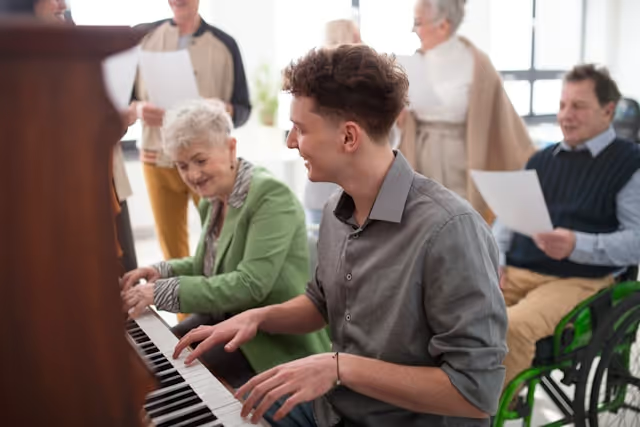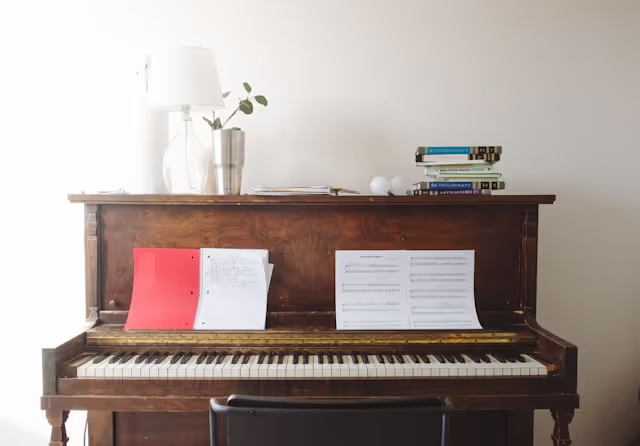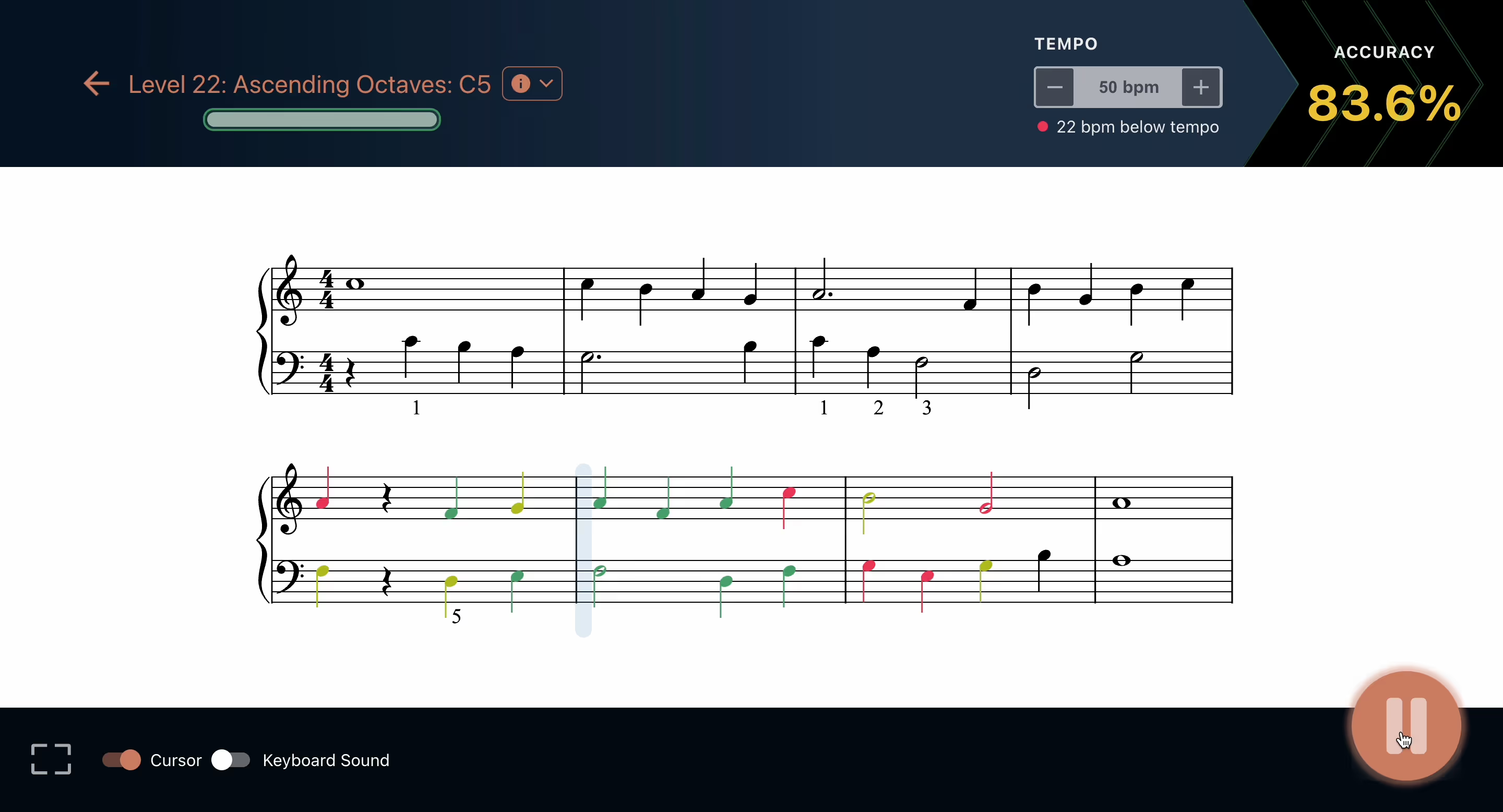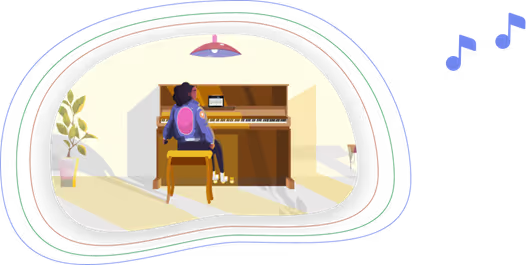Can Lifelong Learning of Music Increase Longevity?
The short answer is an undeniable yes, the lifelong learning of music can absolutely increase your longevity. In fact, lifelong learning in and of itself is linked to a number of health benefits, including better brain health and memory. Many studies also suggest music can boost your health by reducing stress and lifting your mood, as anyone who’s ever danced to their favorite song in the kitchen can attest.
In this post, we’ll take a brief look at how incorporating music into your lifelong learning journey can help you live a longer, better life and how to get started.


Music & Brain Plasticity
While your brain is not a muscle, it is an intricate network of neurons that, similar to a muscle, need to be constantly challenged in order to grow and stay strong. In the brain’s case, this means forming connections with other brain cells.
These connections keep the brain cells healthy by increasing brain plasticity, which is your brain’s ability to adapt and rewire itself. Better brain plasticity has even been linked to higher resistance against the symptoms of Alzheimers and dementia, further reinforcing the age old saying, when it come to maintaining a healthy brain, use it or lose it!
Learning to play a musical instrument is a highly challenging activity akin to a full body workout. The harmonizing (pun intended) of your senses—vision, hearing, touch, and fine motor skills—creates lasting changes in your brain. In fact, music has been shown to be instrumental (yes, another pun) in forging increased connections between your left and right brain hemispheres.
The health benefits of lifelong learning manifest not only in an increased lifespan but in an increased healthspan, which is the measure of how many years during a person’s life they are considered to be in generally good health. Aging comes for us all, but by incorporating the lifelong project that is learning to play a musical instrument, you can both increase your years and your enjoyment of them.
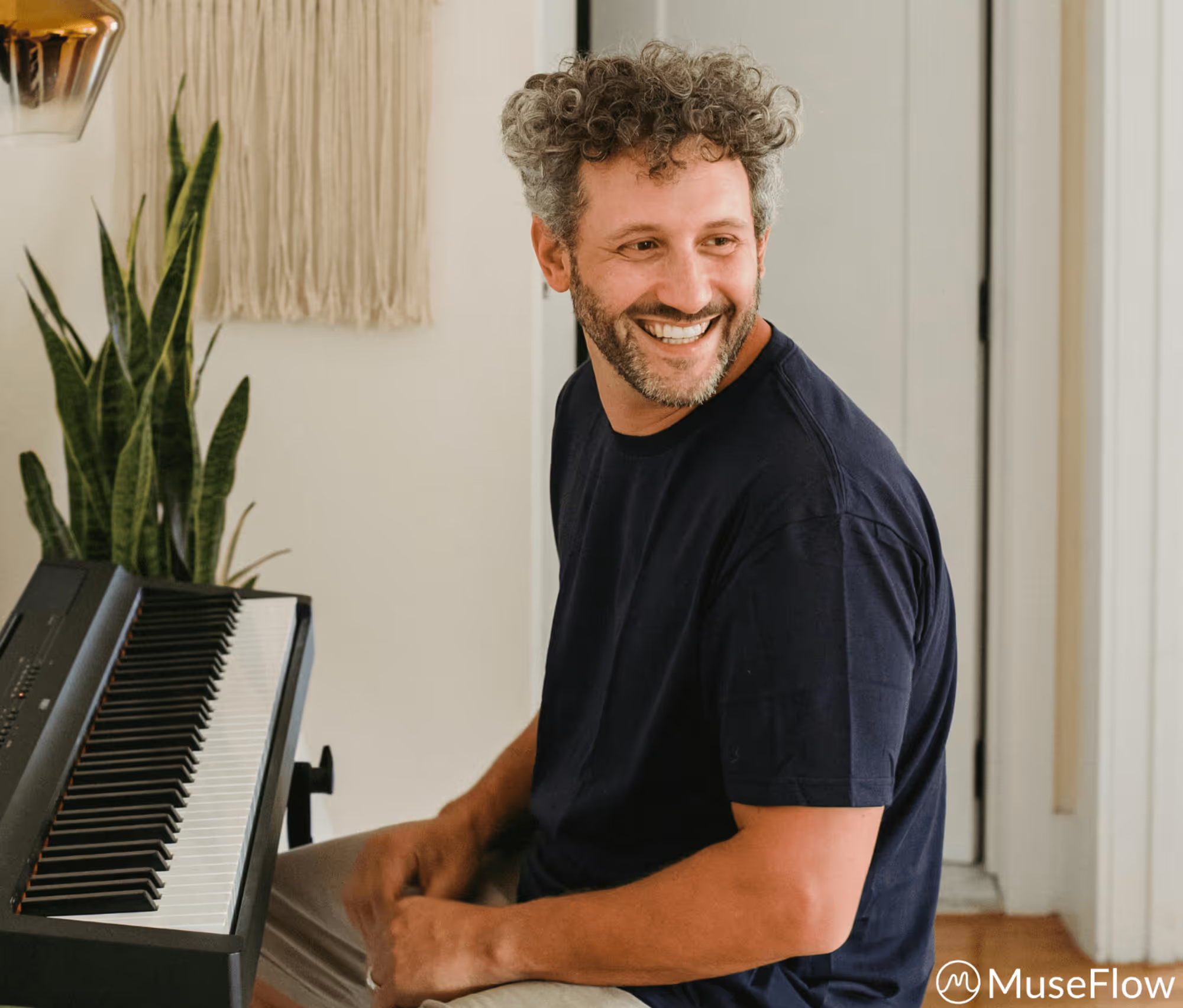
Music & Mental Health
Speaking of enjoyment, it probably wouldn’t shock you to hear that music can have a big affect on your overall mood. Whether it’s the boost you get from your favorite song coming on the radio or the catharsis of scream-singing along to the saddest song you’ve ever heard, music plays a big part in increasing feelings of happiness and reducing stress.
This isn’t just limited to listening to music though. Playing an instrument can actually affect the natural healing processes in your body and your brain. Some studies even suggest that music reduces pain perception, in part because it interacts with the pathways used to process pain.
So, music not only increases dopamine and endorphins, but quite literally blocks mental and physical pain from affecting you with the same level of intensity.
The benefits of reducing cortisol, the stress hormone, in your body cannot be understated. Increased levels of cortisol, especially when chronic, is responsible for higher blood pressure, worse sleep, inflammation, and a slew of other physical ailments that can decrease your lifespan when not dealt with properly.
Additionally, through the lifelong pursuit of learning to play an instrument, you have the power to shape your own brain development, and better regulate your emotions and behavior helping you build better habits in all aspects of your life.

Music & Purpose
One of the most profound ways learning music can have a lifelong impact is by contributing to a strong sense of purpose in your life, something Dr. Paige Baker-Braxton, a clinical psychologist, says can have a huge impact on your longevity.
Admittedly, learning to play an instrument can, at times, feel frustrating, especially as so many methods of teaching it rely heavily on repetition of the same song over and over until muscle memory prevails. This method unfortunately tends to increase the “ceiling” of songs one knows without increasing the “floor” of one’s skills.
However, music also offers you the chance to gain small wins. These small but mighty steps of progress contribute greatly to feelings of accomplishment, boosting your self-confidence and leading to greater overall satisfaction about your life.
At MuseFlow, we embrace the challenges that come with learning music while taking a unique approach to teaching. Instead of relying on repetition, our AI-driven piano learning app uses personalization to break down new skills into bite-size chunks that challenge you without being so frustrating that you want to throw in the towel.
So if you’re looking to increase brain plasticity, boost your mood, feel fueled by purpose, and actually live longer, why not give MuseFlow a try?
Sign up for your 7-day free trial and start your lifelong music-learning today!
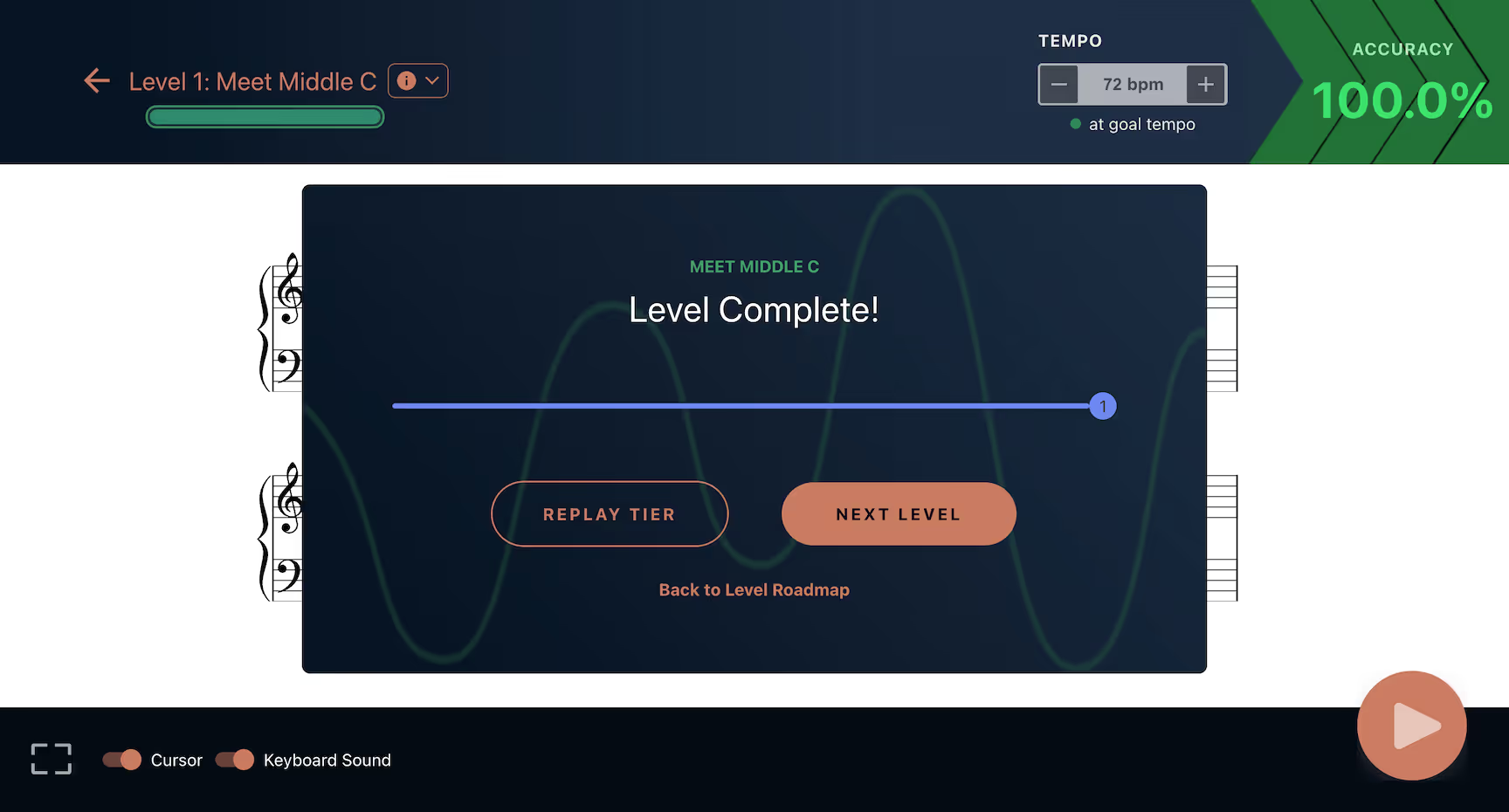

.svg)

